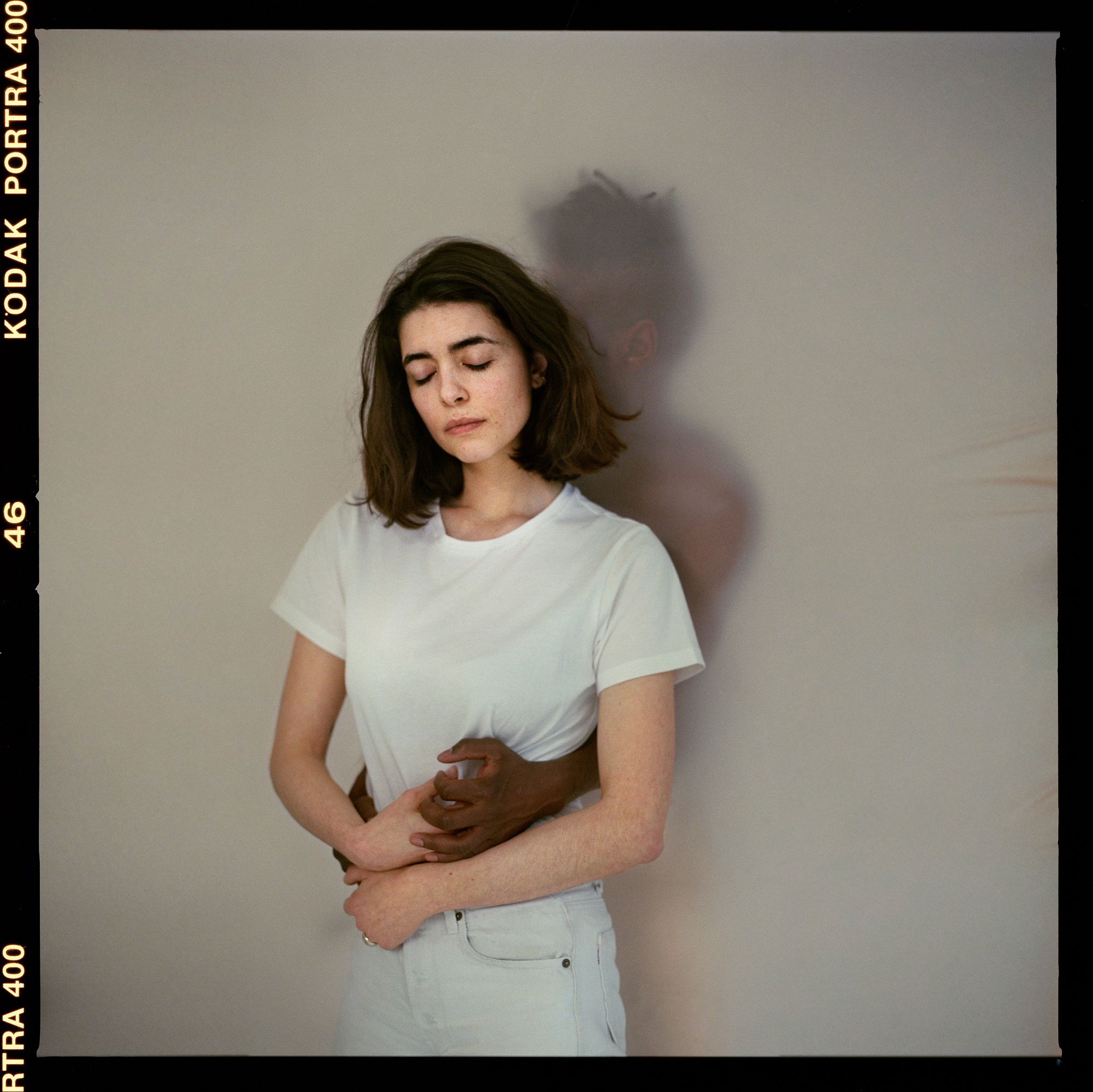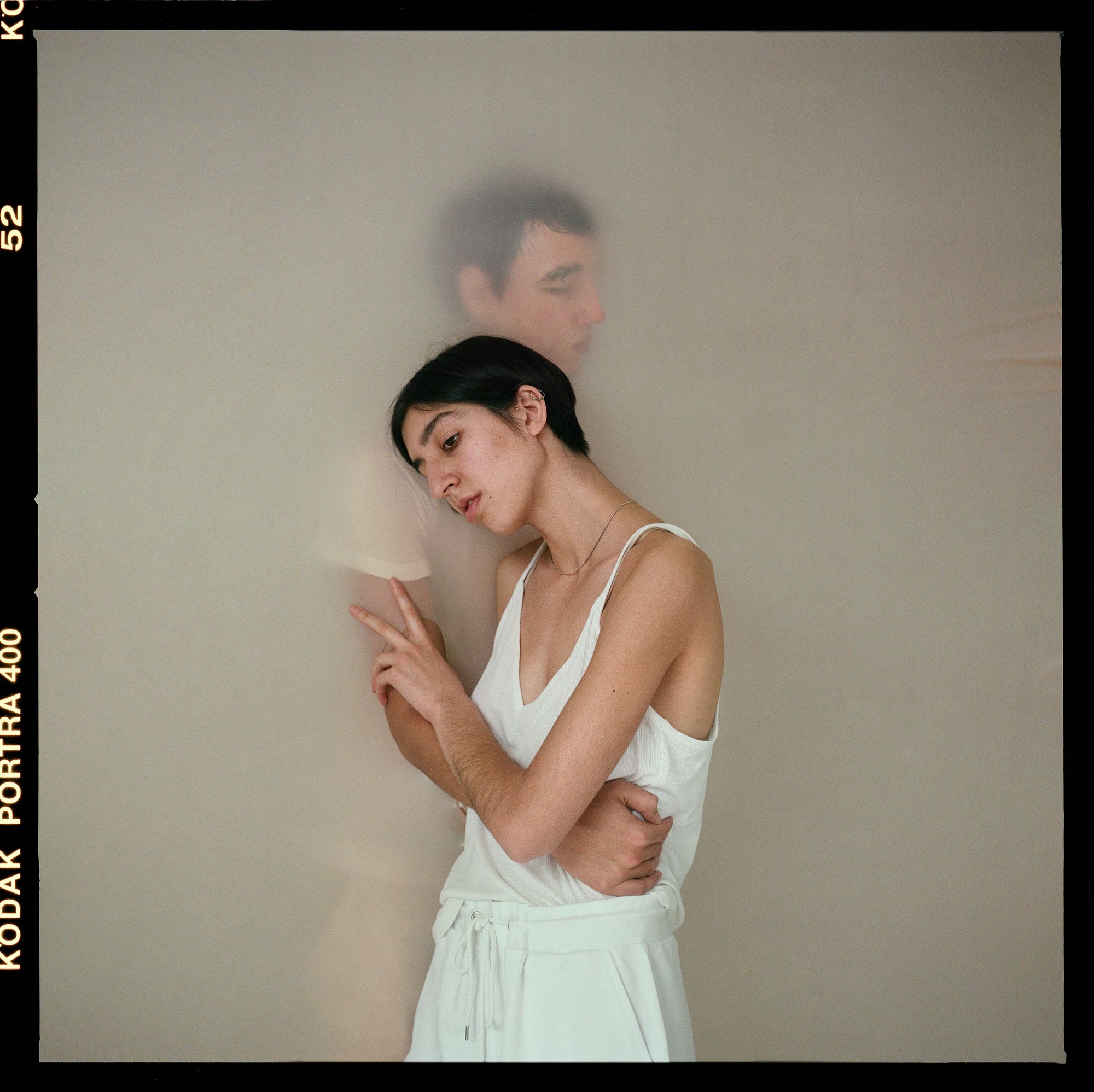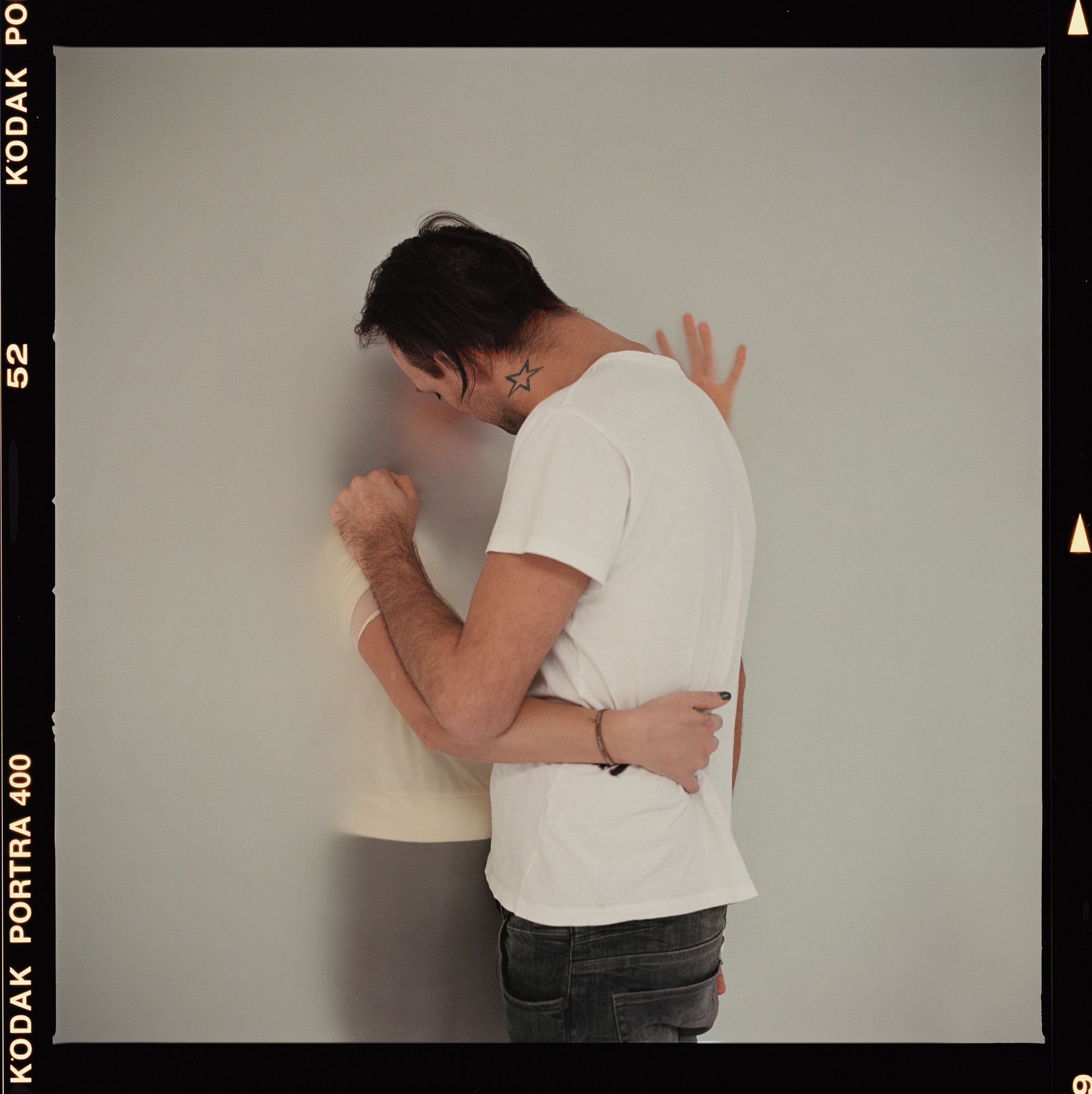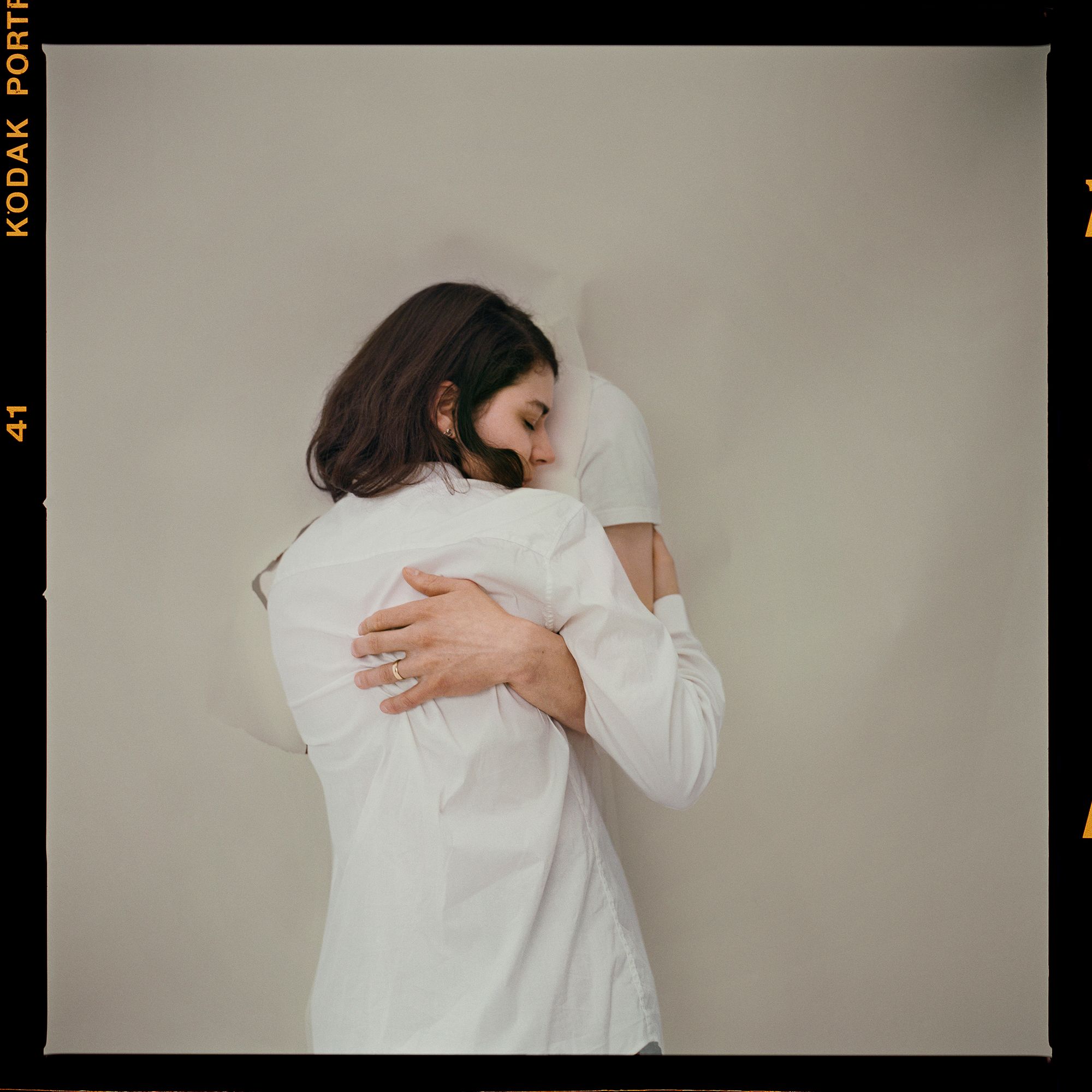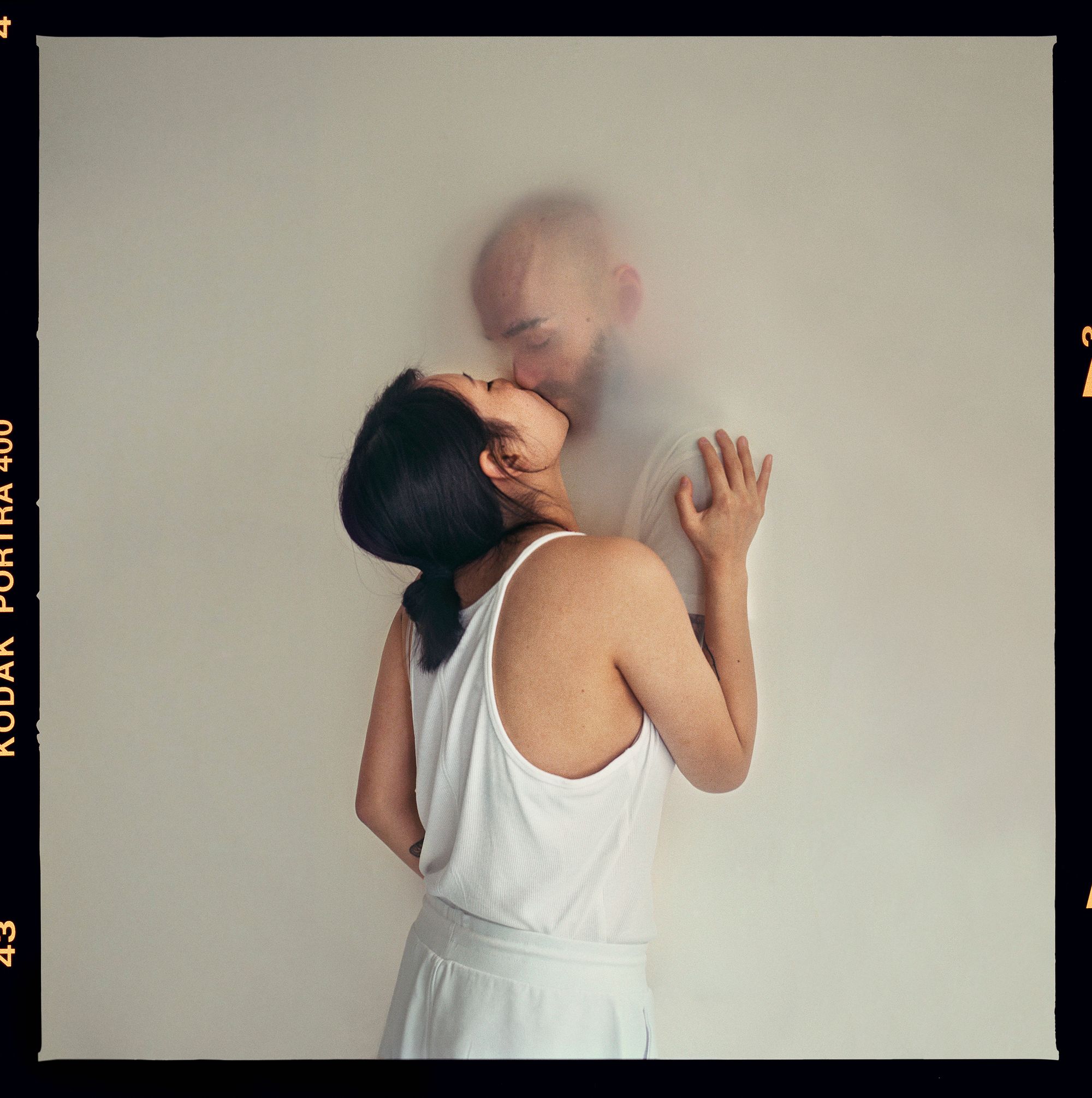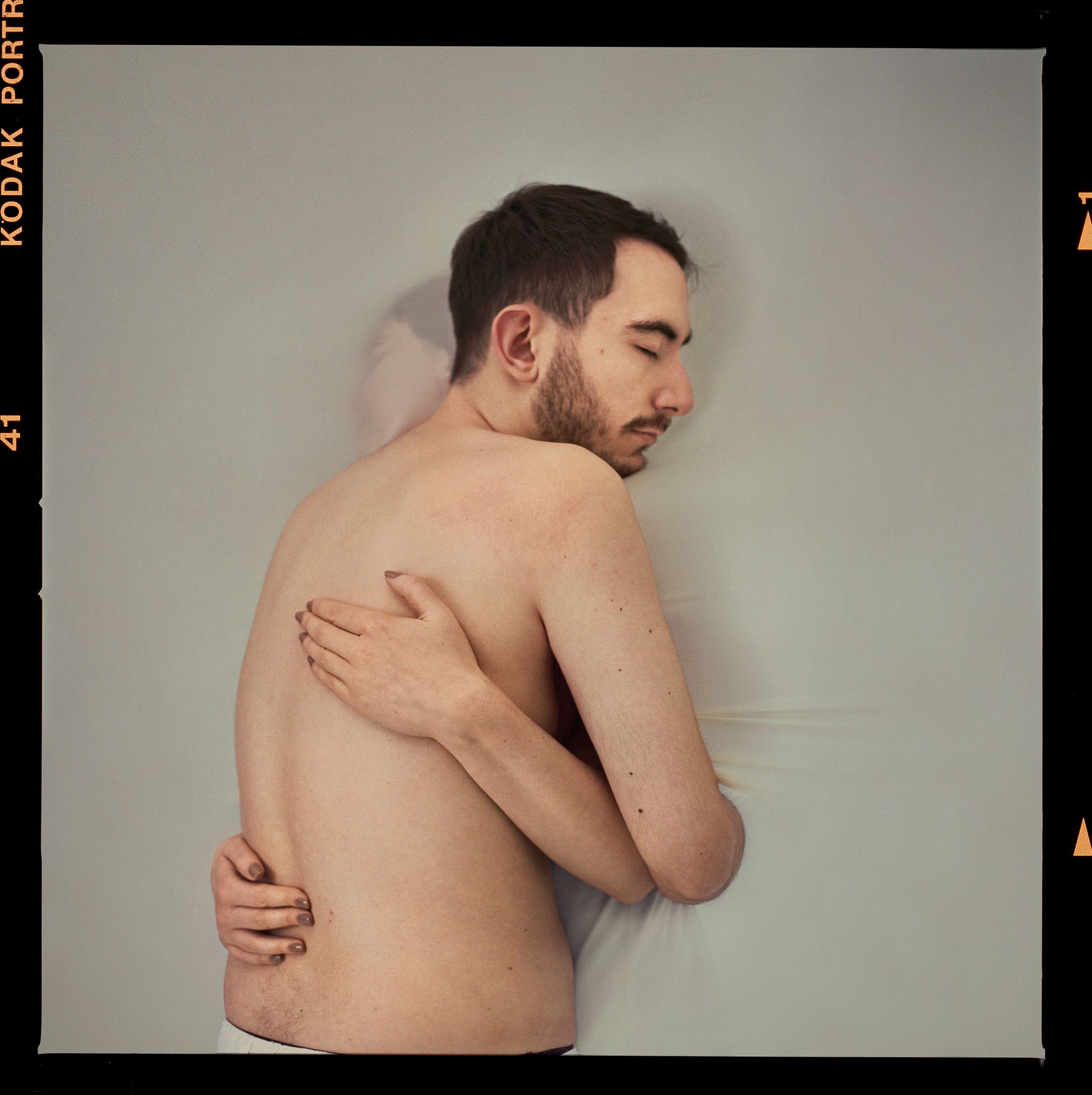Laura Pannack: Separation
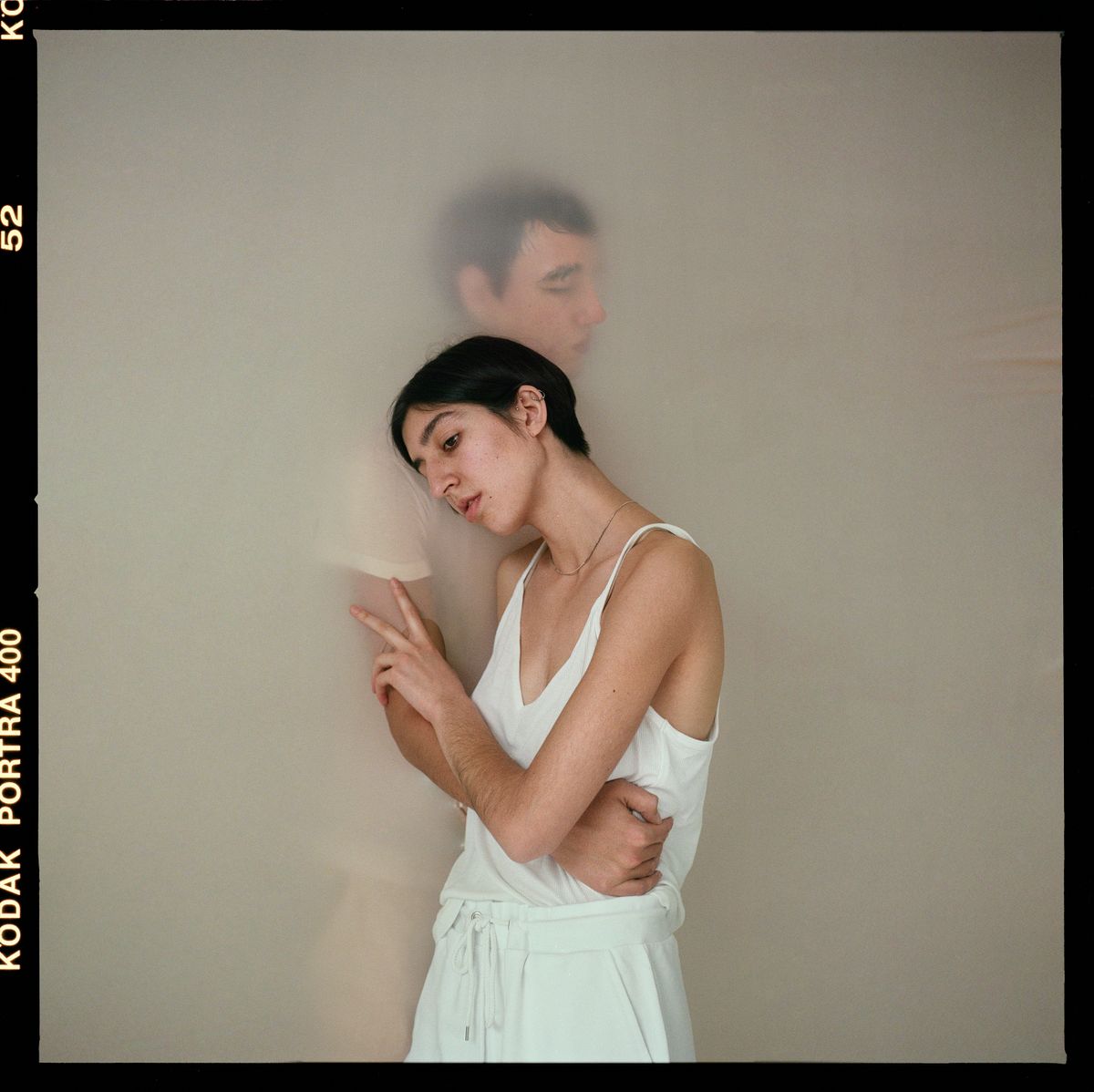
The European Union, or the Council of Europe as it was known when it was founded in 1949, brought in tremendous change to society permeating its very core. The benefits were of economic, cultural and security nature but some also argued that it erased their national identity. One of the biggest improvements, though, was that one could travel, live and study in a place different from one’s birth country unhindered — it has never been this easy to meet, fall in love with and settle in with people that you’d not normally cross path with were it not for the European Union. The United Kingdom had always had a difficult, tenuous relationship with the EU even though it managed to get special treatment in the form of concessions under Thatcher in the 80s — the famous rebate, meaning that the UK will get money back from its membership fee, and the guarantee that it will not have to adopt the Euro. Then in 2016 the UK voted to leave the EU and the rest is history.
Human connections were not at the forefront of the argument for remain. Laura Pannack, a British photographer, was commissioned by the British Journal of Photography to illustrate this unintended, yet detrimental consequence of Brexit. Many people would have moved to the UK when it was legal for them to do so, found a job, settled in and met the love of their life only to realise that immigration will become one of the hot topics in the Brexit debate. Immigrants enrich the fabric of society, they bring in their cultures, customs and understandings creating a better community. Be that as it may, many found themselves legally unable to or simply unwilling to remain in the UK when attitudes to immigrants changed so drastically, even though facts and statistics can easily be used to debunk myths, such as immigrants stealing jobs or living off benefits.

“This project took on another layered meaning when the pandemic hit and many saw the images out of context and emotionally connected with the simplicity of how we have been prevented from the essential human touch. It shows that love yet again offers a universal language in all areas of separation. Whether that be a separation due to politics of a global crisis we all need to connect with others.“
The photographs are highly polished, both visually and conceptually. We see multiple ages, genders, races, showing the diversity of Britain that we are now close to losing. The thin layer of cloth is like a membrane that separates the lovers — not quite as solid as a wall, yet impossible to ignore. It symbolises the logistical difficulties and despair these people have found themselves in — their lives have turned into chaos for pure political point-scoring. Pannack’s project brings our attention to something we would rarely see on the TV or in the newspaper — real people’s emotional hardship, far from the glory of the promised Brexit land.
— foreword by Zak R. Dimitrov
Laura Pannack
Laura Pannack is a London-based photographic artist.
Renowned for her portraiture and social documentary work, she seeks to explore the complex relationship between subject and photographer. Her work has been extensively exhibited and published worldwide, including at The National Portrait Gallery, The Houses of Parliament, Somerset House and the Royal Festival Hall in London.
Love is one of life’s mysteries. It is something that most can relate to and yet there is no one emotion that defines it. Love can bring elation; it can also bring despair. Separation explores the angst and myriad emotions experienced by London-based couples who, as a result of Brexit, have been forced to contemplate separation. With Britain soon to sever its ties with the European Union, tens of thousands of people face the possibility of losing their right to work in the UK, not to mention being forced out of the country that they share with their partner.
Brexit has long garnered column inches for its political implications, but what does it mean for love?
